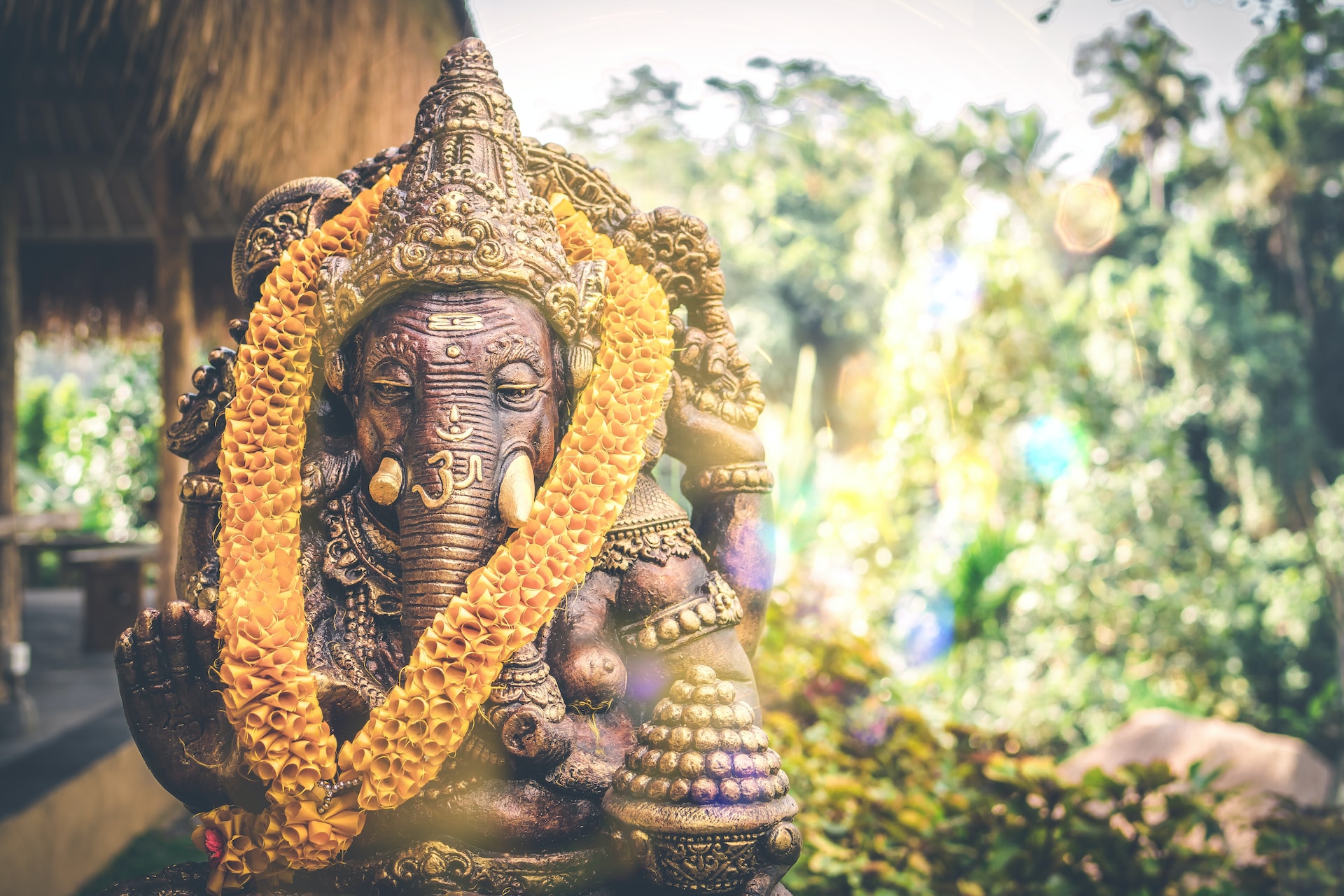In the enchanting island of Bali, a world-renowned paradise in Indonesia, it is crucial for travelers to understand the local currency to fully immerse themselves in the vibrant culture and make the most of their visit. With an introduction to the currency used in Bali, visitors will be equipped with the knowledge to navigate the financial landscape, from the various denominations of banknotes to the exchange rates and accepted forms of payment. Whether exploring the bustling markets or indulging in the exquisite cuisine, this article aims to provide a comprehensive understanding of the currency in Bali, ensuring an unforgettable experience for all who set foot on this mesmerizing island.
Understanding the Currency in Bali
Are you planning a trip to Bali? If so, it’s essential to understand the local currency and how it works. Bali, being a popular tourist destination, has its own unique currency system. In this article, we will delve into the history of Balinese currency, the official currency of Bali, denominations, exchange rates, accepted currencies, ATMs and money changers, credit and debit cards, traveler’s checks, tips for currency exchange, and currency restrictions and regulations in Bali. By the end of this article, you’ll have all the information you need to handle your finances smoothly during your visit to this stunning Indonesian island.
History of Balinese Currency
The Balinese currency, known as the Indonesian Rupiah (IDR), has a rich historical background. The use of currency in Bali dates back to the ancient Hindu-Buddhist kingdoms that once ruled the island. At that time, gold and silver were commonly used for trade. It wasn’t until the introduction of paper currency in the 19th century during the Dutch colonial period that the modern concept of money began to take shape.
Official Currency of Bali
The official currency of Bali, as mentioned earlier, is the Indonesian Rupiah (IDR). It is also the official currency for the entire country. The currency code for the Indonesian Rupiah is IDR, and its symbol is Rp. The IDR is issued and regulated by the central bank of Indonesia, known as Bank Indonesia. It is important to note that while Bali is a popular tourist destination, the primary currency used by locals and accepted everywhere is still the Indonesian Rupiah.

Denominations of Balinese Currency
The Indonesian Rupiah is divided into denominations of banknotes and coins. Banknotes are available in denominations of Rp 1,000, Rp 2,000, Rp 5,000, Rp 10,000, Rp 20,000, Rp 50,000, and Rp 100,000. Coins are available in denominations of Rp 100, Rp 200, Rp 500, and Rp 1,000. It’s important to note that smaller shops and market stalls may not accept larger banknotes, so it’s always advisable to carry smaller denominations for daily expenses.
Exchange Rates in Bali
Exchange rates fluctuate daily and can vary significantly depending on where you exchange your money. It is advisable to check the current rates before exchanging your currency to ensure you’re getting the best deal. Money changers and banks are the most common places to exchange currency in Bali. Money changers usually offer competitive rates compared to banks. It’s important to be mindful of hidden fees and be cautious when using independent money changers to ensure you don’t fall prey to scams.
Accepted Currencies in Bali
While the official currency of Bali is the Indonesian Rupiah, some establishments, particularly those in touristy areas, may accept major foreign currencies like the US Dollar, Euro, British Pound, or Australian Dollar. However, it’s always recommended to have the local currency on hand for a smoother transaction and to avoid any potential confusion or fluctuating exchange rates. Keep in mind that when paying in foreign currencies, the change you receive will likely be in Indonesian Rupiah.
ATMs and Money Changers
ATMs are widely available throughout Bali, especially in popular tourist areas. They accept major debit and credit cards and dispense Indonesian Rupiah. It is important to notify your bank or credit card company about your travel plans to ensure your card is not blocked for suspicious activity when used abroad. Money changers, as mentioned earlier, offer competitive rates, but it’s crucial to be cautious and choose reputable establishments to avoid counterfeit bills or scams.

Credit and Debit Cards in Bali
Credit and debit cards are widely accepted in Bali, particularly in larger establishments such as hotels, restaurants, and shopping malls. Visa and Mastercard are the most widely accepted cards, but it’s always a good idea to have cash on hand for smaller establishments or places that may not accept cards. Additionally, some places may charge an extra fee or have a minimum spending requirement for card payments, so it’s worth checking beforehand.
Traveler’s Checks in Bali
While traveler’s checks were once a popular option for carrying money safely while traveling, they have become less commonly used due to the widespread availability of ATMs and the acceptance of credit and debit cards. However, if you still prefer using traveler’s checks, it’s best to exchange them at authorized money changers or banks. Keep in mind that traveler’s checks may not be accepted at all establishments, so it’s advisable to have a backup plan with alternative payment methods.
Tips for Currency Exchange in Bali
When exchanging currency in Bali, there are a few tips to keep in mind. Firstly, it’s always a good idea to compare exchange rates between different establishments before making a decision. Additionally, be cautious of independent money changers offering significantly higher rates than others, as this may indicate a scam. Always count your money before leaving the establishment, and if you notice any counterfeit bills, report it immediately. Finally, try to avoid exchanging currency at the airport, as rates tend to be less favorable compared to other locations.

Currency Restrictions and Regulations in Bali
While there are no specific restrictions on the amount of foreign currency you can bring into or take out of Bali, it’s important to note that amounts exceeding 100 million Indonesian Rupiah must be declared upon arrival and departure. It’s also worth mentioning that some establishments may only accept crisp, new bills in larger denominations, so it’s advisable to have several small bills for everyday expenses.
In conclusion, understanding the currency in Bali is crucial for managing your finances during your trip. The Indonesian Rupiah is the official currency of Bali and is widely accepted throughout the island. Having local currency on hand is recommended, but major foreign currencies may also be accepted in some establishments. Be cautious when exchanging money, using ATMs, or paying with credit or debit cards to ensure a smooth and secure transaction. By following these guidelines, you can enjoy your time in Bali without any currency-related worries.

